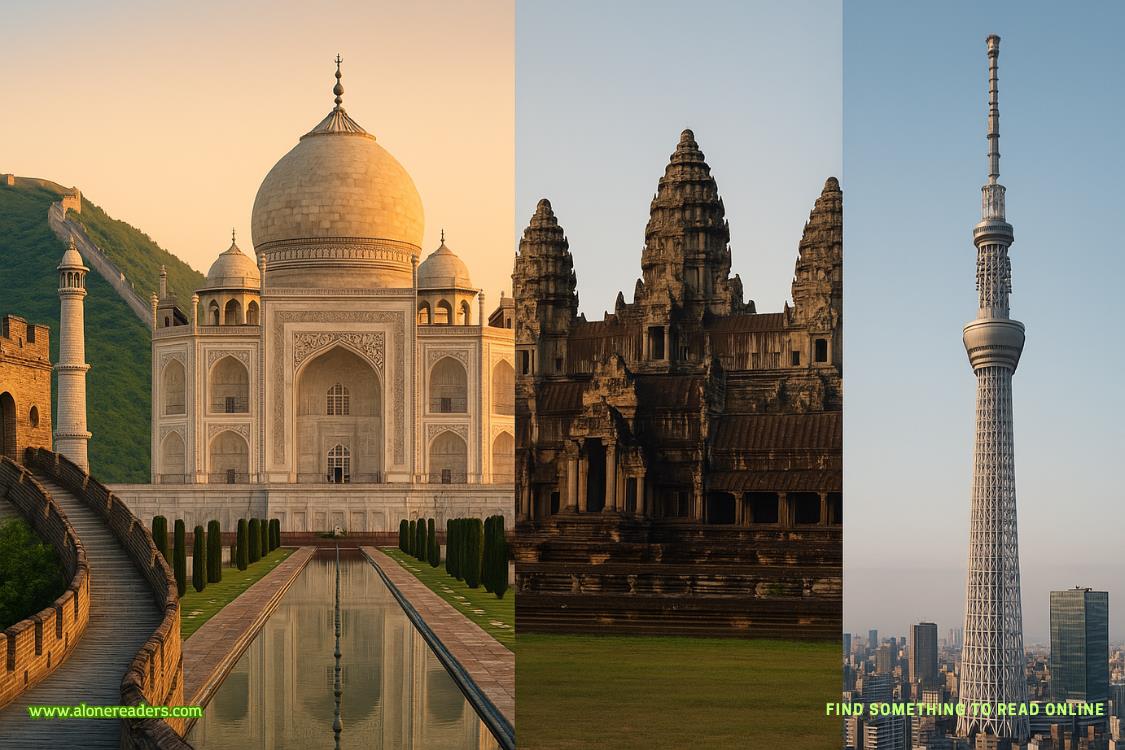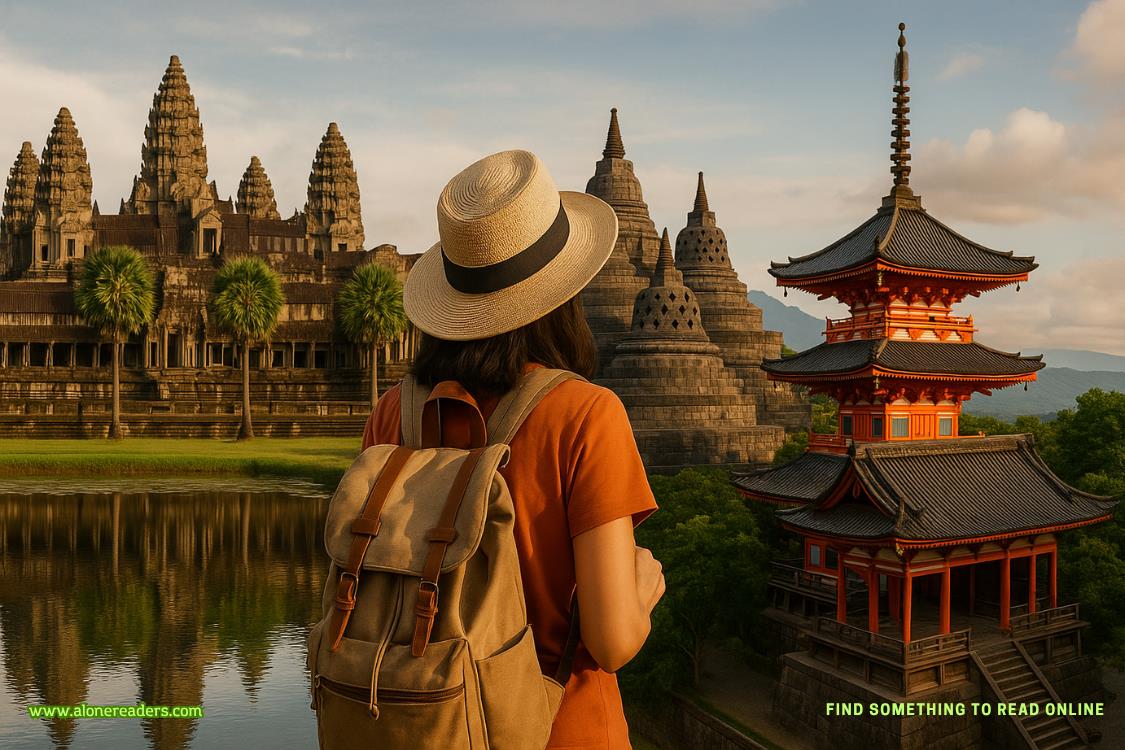Page 57 of The Outsider
He was quiet again, this time for long enough that his next words were the last thing I remembered before sleep claimed me.
“You’re mine too, you know. My one and only.”
Chapter 17
Claire
The next few days were hell as my illness made its way through our party. All of us ran fevers, and we had no choice but to stay at our camp for the next several days to recover. We slept in our usual pairs in the tent, rotating every few hours while the other two slept under a hastily built lean-to by the campfire. Constant hunger made the sickness even more miserable.
As John and I lay by the fire, our bodies wracked with chills from fever, I wondered seriously for the first time if this was it for us. If we’d die out here in the cold, in the middle of nowhere, and never be found, except perhaps by the crows coming to pick at our bones. The spider that had once been at the edge of the web of our survival seemed closer than ever before, and we flies barely had anything left to fight her off with.
John was asleep beside me, his face pale and still like death, and that thought frightened me more than anything ever had. I wiped the sweat from his brow and kissed the tip of his nose. He stirred, groaning softly, and mumbled, “Thanks, Granny.”
I stilled, watching him dream of some time and place far more pleasant than this one. After a moment, his eyelids fluttered.
“Claire?” he murmured, somewhere between sleeping and waking.
“Shh, darling,” I soothed, stroking his hot, clammy forehead with my thumb. “You were dreaming.”
He closed his eyes again. “Dreamt that my grandmother was here.”
“Mmm. What was she doing?”
“Taking care of me,” he croaked. “Like when I was sick as a kid.”
My heart.
“What would she do?” I asked softly.
“Make me hot food. Hold me. Sing songs, sometimes.”
His tone was wistful and sad, and I couldn’t bear his pain—not when he was already sick and suffering, out here in the cold. With a lump in my throat, I took his face in my hands and lay his head against my breast.
My mother had never held me when I was sick. She’d certainly never sung to me. They weren’t things that would have ever occurred to her to do. My father would have when I was little, but as I got older, he was around less and less—busy with his high-level military job in charge of compound security, and burying himself in work to avoid my mother’s wrath. I had not known the kind of love that John had often described within his close-knit family. Mine had been broken beyond repair long before I was ever even a thought, and now…well, I had little hope for a joyful family reunion.
So I didn’t know how, exactly, to comfort someone I loved. It was the sort of thing that John was better at. But as he settled against me, I held him in my arms and sang a lullaby, soft and warm as the morning sun. My voice was hoarse, my lips cracked, but he sighed heavily and relaxed against me. The song was about coming home after a long day, the warmth of the hearth and the soft, sweet words of a lover.
As it ended, I pressed gentle kisses on John’s face, easing him back to sleep.
“Don’t leave me,” I whispered. “I need you.”
I rested my head against his, a tear escaping down my cheek as the cold claws of winter continued to ravage our bodies and minds.
That night, my fever broke, and mercifully, over the next day or two, everyone else’s did, too. The awful sickness passed, and though we’dhad to stop for nearly a week, our spirits briefly lifted as we recovered.
Of course, it didn’t last long. Trudging through winter storms with perpetually empty stomachs will eventually break down almost anyone, and maintaining constant vigilance was exhausting. Soon enough, it felt like we were at each other’s throats again, which meant that a number of our days were silent other than the whistle of a lonely winter wind.
By Kimmy’s rough count, we’d spent well over a month on the road, and eventually, it all blended together. I felt like I was sleepwalking through life, tethered to the world only by the knowledge that my friends and my love needed me to keep going.
One afternoon, we were trudging through the snow-covered forest, mostly in silence, when I noticed something in my peripheral vision. Partially obscured by an evergreen tree, there was a wooden pole stuck in the ground, with something mounted on top. I couldn’t tell what it was; it was covered by snow. But the pole looked deliberate and manmade—it stuck out in the dense wilderness I’d become accustomed to.
“John,” I called. He was several paces ahead of me, walking with Kimmy, while I hung back with Asha. “What’s that?”
He looked where I was pointing and stopped dead. Shooting Kimmy a look of concern, he made his way over to the pole, picked up a fallen branch, and used it to clear away the snow.
What he uncovered made me feel ill: a shrunken, dried human head, skewered on a pike, its empty eye sockets staring at nothing.
John immediately turned and ran back to me, grabbing my wrist.















